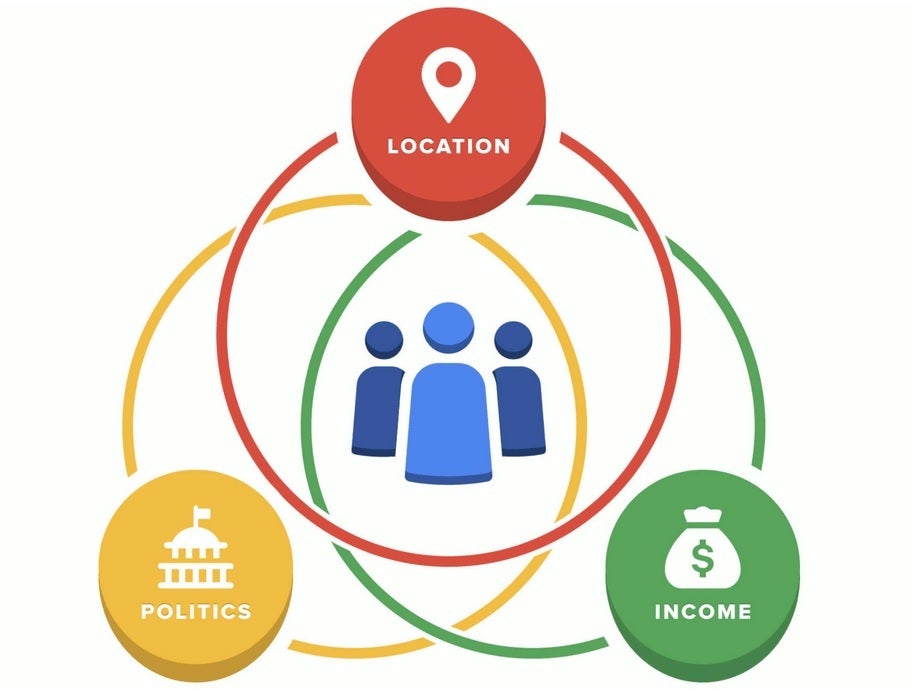DuckDuckGo reveals how you can block Google's new method of tracking Chrome users

Privacy-first search engine DuckDuckGo on Friday posted a blog that discussed Google's new data tracking system called Federated Learning of Cohorts (FLoC). Using an algorithm and browsing histories, Google groups together those with similar interests and demographics. FLoC replaces the use of cookies to track users and feed them ads and other targeted content.
Google's new tracking method was added to Chrome by default
When Google added FLoC to Chrome, it did so without giving users a choice as the tracking system is enabled by default. As DuckDuckGo noted in its blog post, "The criteria for being opted into FLoC are somewhat hidden and conflicting." As scary as that sounds for those who value their privacy, there are things that you can do to block FLoC from trying to fit you into a category.

FLoC puts individuals into groups based on interests and demographics
Google claims that FLoC is good for privacy. And while FLoC, in theory, replaces third-party cookies, the latter won't be removed until 2023 at the earliest. Thus, Google is getting to track users via two different methods for the time being.
With FLoC, the websites you visit will be able to target ads since they will know things about you from the moment you enter the site. While Google says that you are placed in a group of others with the same interests in demographics, you are more protected as an individual. However, the data that is available to websites, combined with your IP address (which these sites receive automatically), means that you remain tracked as an individual.
It seems fairly straightforward, but if you don't want to be tracked by Google Chrome, use a different browser on your iOS and Android devices and on the desktop. If you own an iPhone and don't like Safari, this writer has started using the recently updated version of Opera Browser which is available for iOS and Android). Besides Opera, on Android the Samsung Internet Browser would be a great choice to replace Chrome.
If you must continue to use Chrome, DuckDuckGo says that you might be able to avoid FLoC by changing the settings on the Chrome browser. Some suggestions include logging out of your Google account, avoid syncing your history data with Chrome, disabling "Web & App Activity" or "Include Chrome history and activity from sites, apps, and devices that use Google services" in Google Activity Controls. In Google Ad Services you should shut down "Ad Personalization" or "Also use your activity & information from Google services to personalize ads on websites and apps that partner with Google to show ads."
Since Google has been profiling users for years, even if FLoC reduces you to a series of numbers based on your interests and demographics, it will only be a matter of time until the code is broken and your identity becomes known. Google says that FLoC is 95% as effective as third-party cookies and DuckDuckGo says that this means that Google will continue "to target people based on age, gender, ethnicity, income, and many other factors. This targeting, regardless of how it's done, enables manipulation, discrimination, and filter bubbles that many people would like to avoid."
DuckDuckGo has also enhanced its tracking blockers on its extension. This protection from FLoC appears on version 2021.4.8 and newer of the DuckDuckGo extension and is also in the process of being approved for the Chrome Web Store. Keep in mind though that by default it will set your default search engine and homepage to DuckDuckGo Search.
Several organizations dealing with privacy pleaded with Google not to use FLoC, but to no avail. While Google makes it sound as though it is trying to improve privacy online, replacing third party cookies with a tracking system that is enabled by default certainly sounds just as bad.













Things that are NOT allowed: